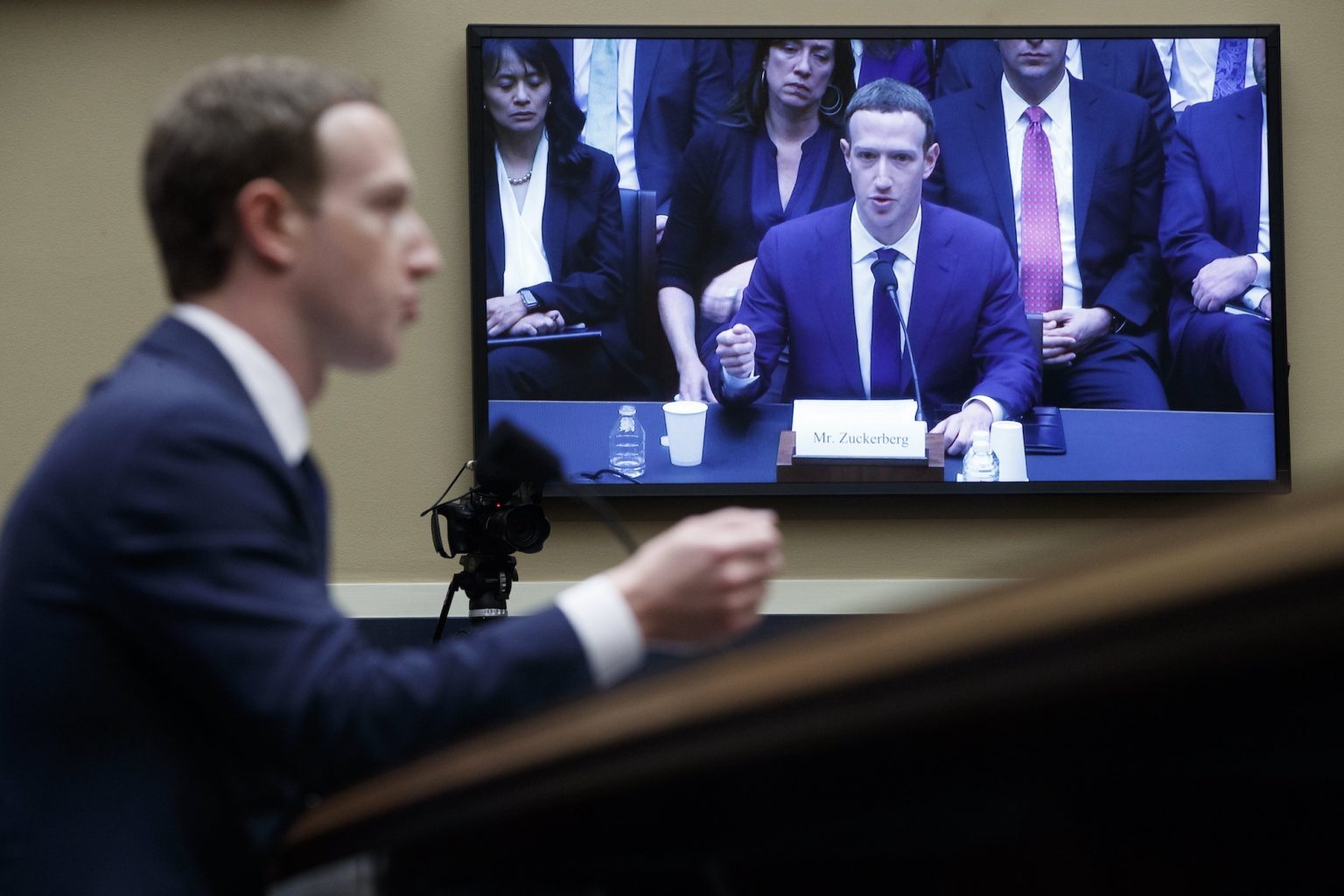Turning 15 is a drag. Just ask any teenager about this most awkward age of life and the pain of living through it. Imagine then that you’re Facebook. Last week as the largest social media network reached this milestone it seemed every bit the gangly kid trying to look cool while being beset by angst and self-doubt. And being hated by the rest of the class.
Author: Toby Shapshak
Who really invented the Please Call Me service? It’s the question that’s been repeated innumerable times as the free messaging service saga reached a crescendo last week with threats, accusations and demonstrations outside Vodacom World. The answer – as is now common cause – was Ari Kahn, MTN’s lead data consultant who pioneered this innovative idea. “Callme” as he first named it, was an idea he had on the 15th of November 2000, he told me last week. Kahn briefed MTN’s lawyers Spoor and Fisher on 16 November and, remarkably, Kahn had a working prototype the next day. He had…
Facebook intends to combine is messaging apps – WhatsApp, Messenger and Instagram – into a single backend so people can message across the various platforms. While Facebook clearly believes it will make it easier for its users to communicate, the rest of the rational world is alarmed at its unprecedented monopoly of communication getting worse, and potentially compromising our data privacy even more. The New York Times broke another huge story last week about Facebook’s plans to integrate the three services, which serve an estimated 2.6bn people. “The move has the potential to redefine how billions of people use the apps to connect…
This column first appeared in Financial Mail in 2015. It has all the makings of a grand story of a rags-to-riches story: a resourceful man who had a great idea that took off. It gets better, that inventor didn’t get a cent from his invention but now, in a David-vs-Goliath confrontation, he will wrest glory (and royalties) back through a lengthy and protracted court battle. But, is that inventor former Vodacom accountant Nkosana Makate or former MTN lead data consultant Ari Kahn? Last month, Makate, a trainee accountant at Vodacom in 2000 when he says he came up with the…
In the last few years while WhatsApp was being sued by privacy watchdogs in Europe for data infringements, Telegram was sued in Russia for refusing to compromise on its users’ privacy. Telegram is a messaging app that prides itself on its encryption and privacy. It was created in 2013 Pavel Durov – often called Russia’s Mark Zuckerberg – specifically to prevent his own government from eavesdropping on its citizens. It had 200m users, it said last March, including high-profile figures in Russia and Iran, where attempts have been made to shut it down. Prominent users includes ran’s supreme leader Ayatollah…
I’m not a big believer in New Year’s Resolutions. After years of trying to fulfil these improbable, sometimes impossible, behavioural change tasks, I – like everyone – gave up on this annual tradition. But this year I have a goal, a resolution, if you will. I want to move way from WhatsApp – and to use Telegram. As one of the largest messaging networks in the world – with over 1.5bn users – WhatsApp has become a convenient way to contact and communicate just about anyone. But it is owned by Facebook – who have proved they are not able to store personal information without…
Wow. After a charmed 21-year stratospheric run, gravity has finally caught up with Apple’s share price. It has grown steadily since Steve Jobs took over in 1997, and became not only the most valuable listed company in the world, but the first to hit the unprecedented US$1-trillion mark last August. Until last week. In a 1,400-word letter to investors, CEO Tim Cook that Apple was expecting a US$9bn revenue shortfall for its fiscal 2019 first quarter, which ended on December 29. Even though its expecting about $84bn in revenue, with gross margin of around 38%, it’s less than the previously…
The Tour de France is the hardest cycling race in the world – even if it has been sullied by the disgraced Lance Armstrong era of doping – and is the pinnacle of athletic achievement just to compete. High-tech equipment will get you only so far, then natural ability, stamina, teamwork and a passionate intensity to succeed are needed. This year’s favourite, Chris Froome, has all of these – as well as coming second and winning bronze in the time trial at the Olympics last year – and has spent his off-season in South Africa, honing his preparation. The humble,…
A decade ago, Chris Froome was watching Lance Armstrong competing in the Tour de France from his boarding school, St Johns in Johannesburg, and dreamt of doing the same. “I was 17 and I was fixated on it. I was in awe of the ambience of the crowd and the mountains. I had that ‘Wow, I’d love to do that one day’ feeling. That was the pipe dream but I never really – until recently – thought it would come true,” he recently told the Guardian, about the first time he saw the much-maligned, doping scandal-tainted Tour de France. Froome,…








